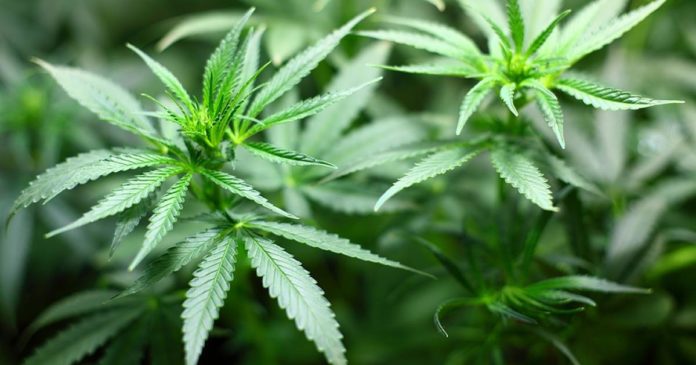A new study has linked hundreds of deaths to cannabinoid consumption, but there’s an awful lot of devil in the detail.
Researchers from Florida Atlantic University’s Christine E. Lynn College of Nursing delved into data from the Florida Department of Law Enforcement from 2014 to 2020 looking for deaths related to cannabis and synthetic cannabis consumption.
They found 386 people died as a result of cannabis and synthetic cannabinoid use. However, in 258 cases – nearly 67% – synthetic cannabis was the culprit.
As the term suggests, synthetic cannabis is not cannabis. This is plant material of various origins treated with chemicals designed to have a psychoactive effect. This effect doesn’t always mimic cannabis and in some cases the impact of synthetic cannabis can be quite devastating; both to the user and those the person comes into contact with while affected.
As for causes of death, nearly 99 percent of individuals using cannabis and synthetic cannabis died from accidents, with most of these accidents due to drug intoxications (83.93 percent).
“The persistent deaths from cannabis and synthetic cannabis use are a legitimate public health concern,” said Armiel Suriaga, Ph.D., senior author and an assistant professor in FAU’s Christine E. Lynn College of Nursing.
The researchers also state the public needs to be aware cannabis and synthetic cannabis use can exacerbate cardiac-related conditions.
But in comments reported on Pain News Network attributed to Deputy Director of NORML Paul Armentano; he indicated the study was quite problematic.
“To lump in adverse effects from synthetically produced compounds in this analysis is misleading and sensational, as these products are not cannabis and their safety profile is not at all comparable to that of natural cannabis.”
Regardless of this, at the very least it certainly helps highlight the dangers associated with synthetic cannabinoids – it’s just a shame that message has been mixed up with the real deal. The impact of synthetic cannabis as a stand-alone study, and another for botanical cannabis may have been more appropriate.
The study has been published in the Journal of Nursing Scholarship. An abstract can be found here.


